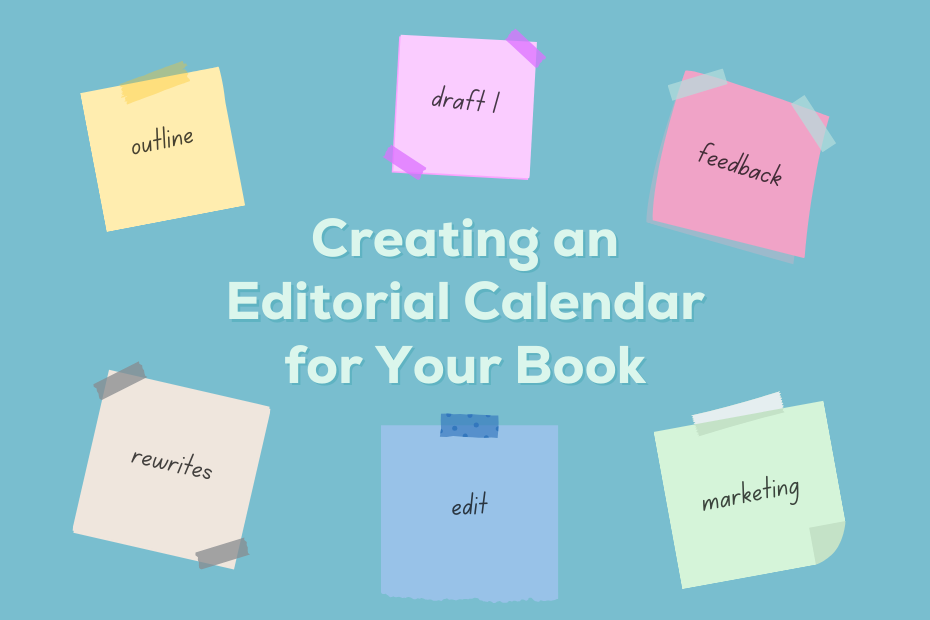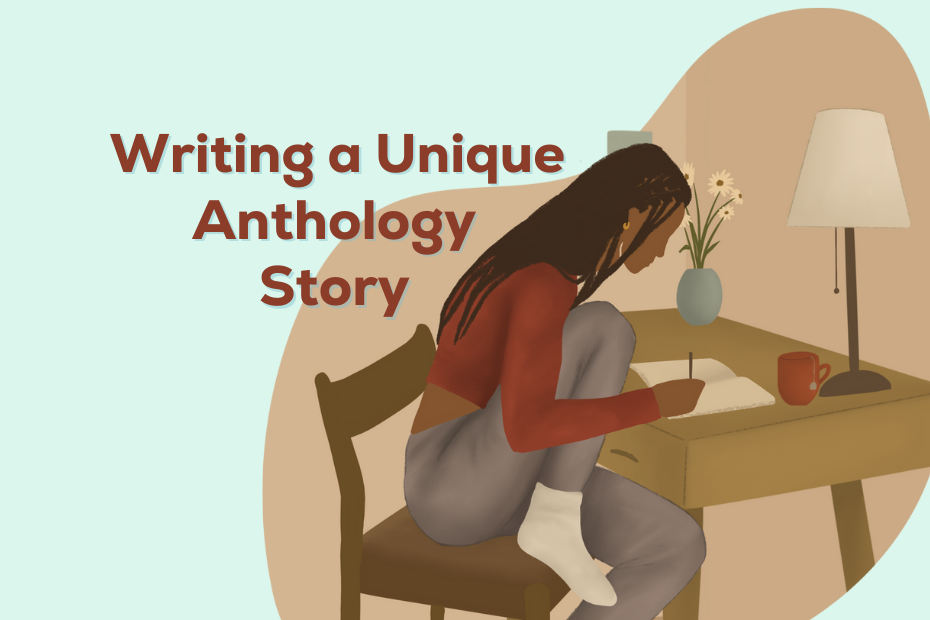Crafting a Foolproof Editorial Calendar for Your Book
If you’re a writer, managing your time effectively is crucial to achieving your goals and maintaining a consistent output. One of the most effective tools to help you stay organized and on track is an editorial calendar. An editorial calendar for writers serves as a strategic roadmap, outlining your content creation, revision, and marketing efforts over a set period. By thoughtfully planning your writing projects and associated tasks, you can enhance productivity and ensure a steady flow of work.





















